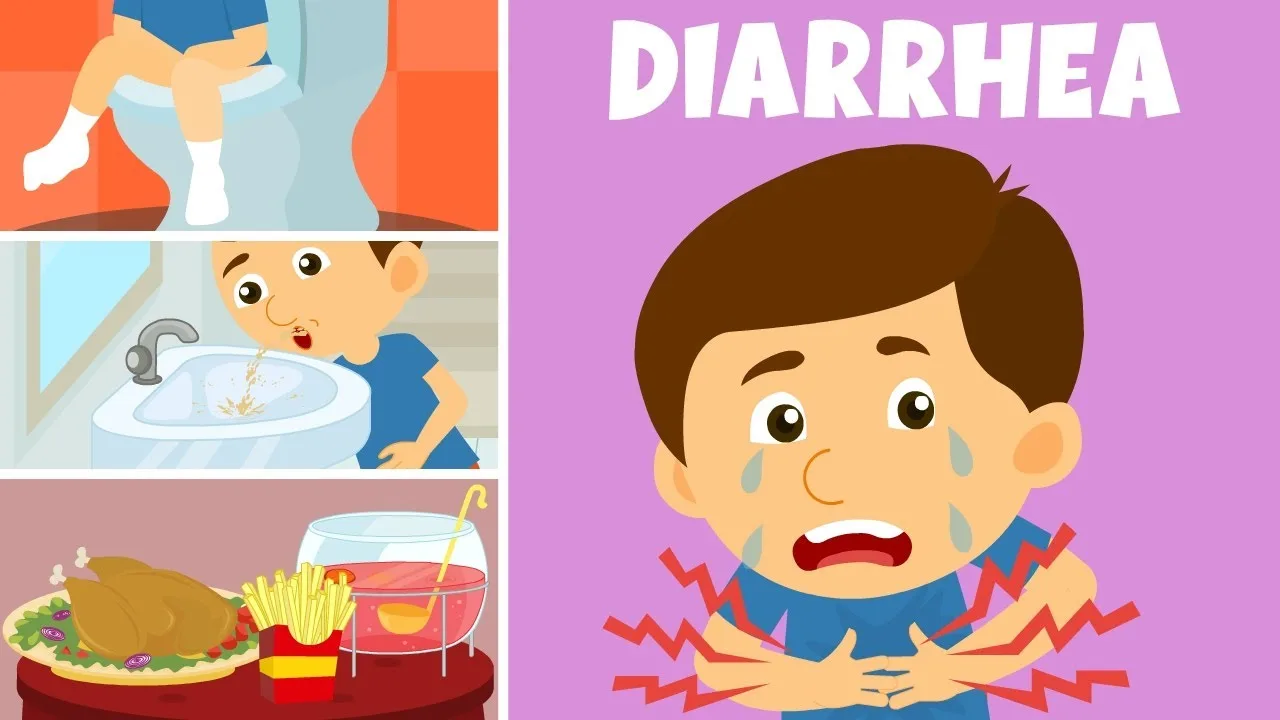Diarrhea, characterized by loose, watery stools occurring more frequently than usual, is a prevalent digestive issue affecting individuals worldwide. While often unpleasant and disruptive, it typically resolves on its own within a few days. However, understanding the causes, symptoms, and treatment options is crucial for managing and preventing its occurrence.
Causes:
Maruti Suzuki Swift 2024: Booking, features, launch date and price
2024 Bajaj Pulsar 125: Powerful bike with powerful updates!
Numerous factors can trigger diarrhea, categorized into:
- Infectious: Viruses, bacteria, and parasites are common culprits, often transmitted through contaminated food or water. Rotavirus in children and norovirus in adults are frequent viral causes, while bacterial infections like salmonella can also be responsible.
- Non-infectious: Food intolerance, such as lactose intolerance, or allergies to specific ingredients can cause digestive distress leading to diarrhea. Additionally, certain medications, like antibiotics, can disrupt the gut microbiome, contributing to the issue.
- Medical conditions: Inflammatory bowel diseases (IBD) like Crohn’s disease and ulcerative colitis, irritable bowel syndrome (IBS), and celiac disease can manifest with chronic diarrhea as a symptom.
Symptoms:
Besides loose stools, diarrhea can be accompanied by:
- Abdominal cramps and pain
- Increased urgency and frequency of bowel movements
- Nausea and vomiting
- Dehydration, characterized by excessive thirst, fatigue, dizziness, and decreased urination
Treatment:
In most cases, diarrhea resolves without requiring specific medical intervention. However, managing symptoms and preventing dehydration are crucial.
- Hydration: Rehydration is paramount, as diarrhea can lead to electrolyte imbalance. Drinking plenty of fluids, including water, oral rehydration solutions (ORS), and clear broths, is essential.
- Dietary modifications: Avoiding foods that irritate the digestive system, like spicy or greasy meals, and opting for bland, easily digestible options like BRAT (bananas, rice, applesauce, and toast) can help.
- Over-the-counter medications: Over-the-counter medications like loperamide can help alleviate symptoms by slowing down intestinal motility, but should only be used under a doctor’s guidance and not for more than two days.
When to Seek Medical Attention:
While most cases of diarrhea are self-limiting, seeking medical attention is crucial in certain situations:
- Diarrhea lasting longer than three days, especially if accompanied by bloody stools, fever, or severe abdominal pain
- Signs of dehydration, such as dizziness, fatigue, or decreased urination in infants and young children
- Underlying medical conditions like IBD or celiac disease suspected
Prevention:
Implementing preventive measures can significantly reduce the risk of contracting diarrhea:
- Proper hygiene: Washing hands thoroughly with soap and water, especially before eating, preparing food, and using the restroom, is vital.
- Safe food handling: Practicing safe food handling techniques, including proper cooking and storage of food, and consuming water from safe sources, can prevent contamination.
- Travel precautions: Being mindful of food and water safety while traveling, especially in areas with high rates of infectious diarrhea, is crucial.
Conclusion:
Diarrhea, though unpleasant, is a manageable condition. Understanding its causes, symptoms, and treatment options, along with practicing preventive measures, can help individuals navigate this common digestive issue effectively. If symptoms persist or worsen, seeking medical advice promptly is essential to ensure proper diagnosis and appropriate management.



